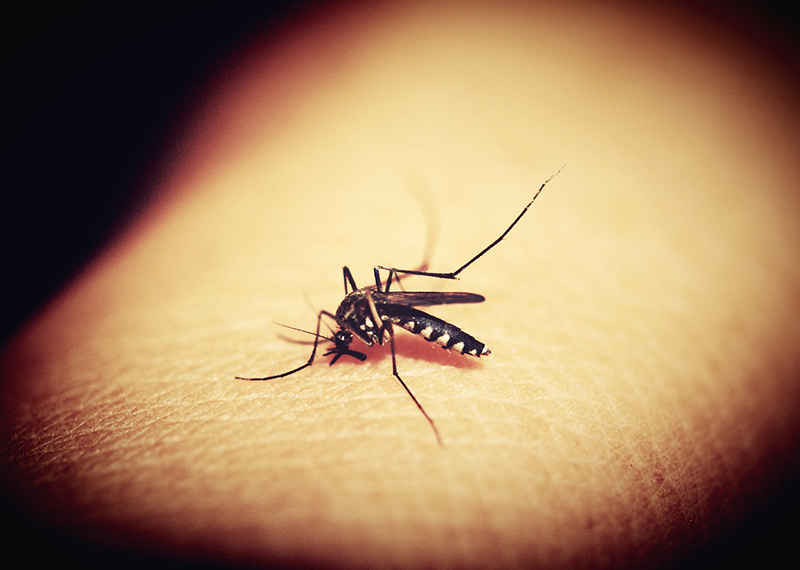Pests are living creatures important to our ecosystem. At the same time, they can be genuinely harmful to our health, most of all when they claim your home as their own territory. In this article, we dive into this matter to find out more about the health risks pests bring with them and how you can deal with them in the best way possible.
If you are worried about pests and want to know more about them and learn how to get rid of them, continue reading!
Table of Contents
Roaches and asthma
Did you know that cockroaches can be responsible for conditions like asthma? Their excrement and cast skin contain several allergens that can cause people to show several unpleasant symptoms. If exposed to roach allergens, you can start feeling asthma symptoms, even if this condition is more likely to develop in small children. Additionally, cockroaches can also transmit other diseases, like salmonella, through organisms living on their legs and on the rest of their bodies.
To minimize this risk, experts advise removing food, water, and harborage to keep roaches out of buildings. You can also decide to use pesticide baits and sprays to reduce their numbers. The ones that proved more successful are baits, either in stations or as gels, applied to cracks and crevices.
Rodents and Hantavirus
This is quite a serious matter, as Hantavirus pulmonary syndrome, also called HPS, is a deadly disease transmitted by infected rodents through their urine, droppings, or even saliva. Humans can contract this disease by simply breathing in the aerosolized virus. It is a rare condition but potentially deadly indeed.
To minimize the risk of this, you can sanitize your home by removing food, water, and harborage, as well as plugging all entry points to a building and using products such as Spidexx. Mechanical trapping is also to be considered, as it limits the chances of rodents entering a building.
Mosquitos and West Nile Virus
Mosquitoes are quite common in many areas of the world, most of all during the hot season, but were you aware of the fact that they are the absolute prime carriers of several different types of encephalitis, which is an illness that attacks the central nervous system in humans? The West Nile virus is one of these encephalitis. The scary part is that mosquitoes are resistant to pesticides, making this no longer a rare risk.
Stinging insects and allergic reactions
Stings are quite normal for people who spend time in nature, but they can be a health threat in two different ways. For one thing, they can provoke pain, itching, and swelling and even cause allergic reactions to the venom, which can then cause severe debilitation for days and weeks. These reactions can be as simple as mild systemic effects such as hives, itching, and wheezing but can even be more severe, such as sudden swelling of the respiratory tract, a spike or crash in blood pressure, and even death, in the most extreme cases.
To minimize the risk of this happening, you should, first of all, be aware of your allergies; you should know which types of bugs are more aggressive, such as paper wasps, yellow jackets, and hornets, which are aggressive when digging their nests and can sting repeatedly. Knock down their nests and ask for the help of a professional if needed. The most important thing is always to be cautious and to think about safety as the first priority. This will help you deal with insects and other types of pests on the best possible day.


 Home
Home













